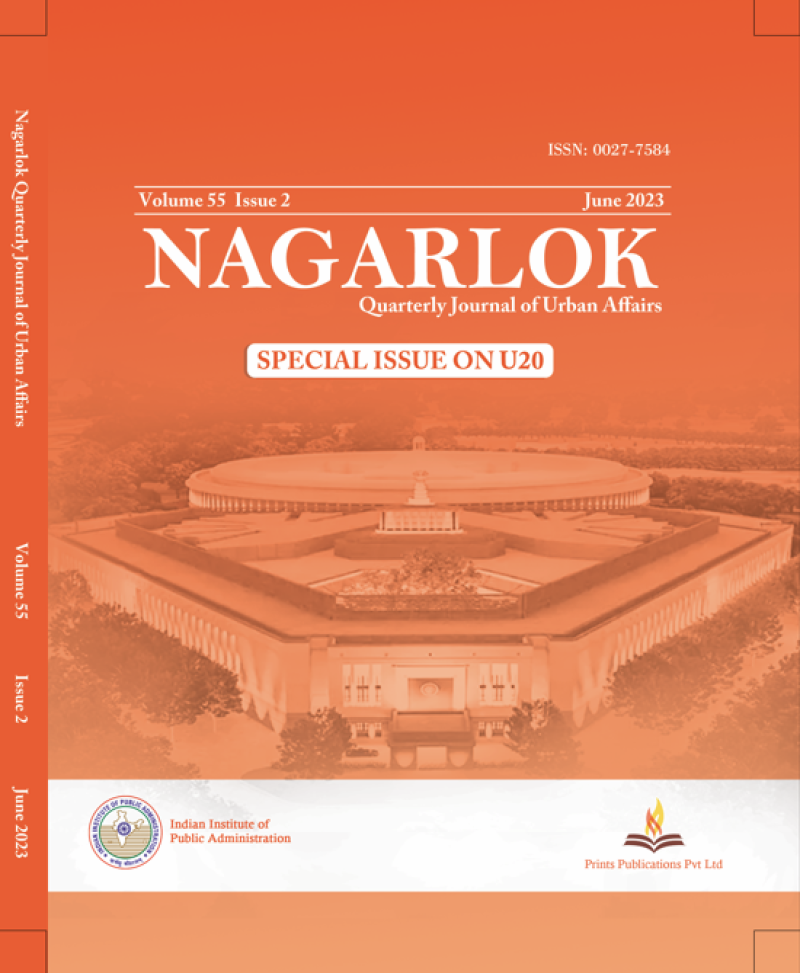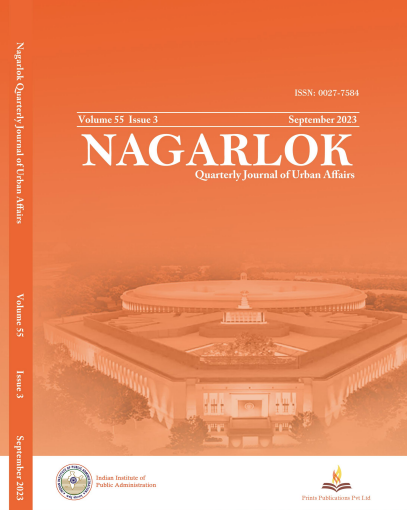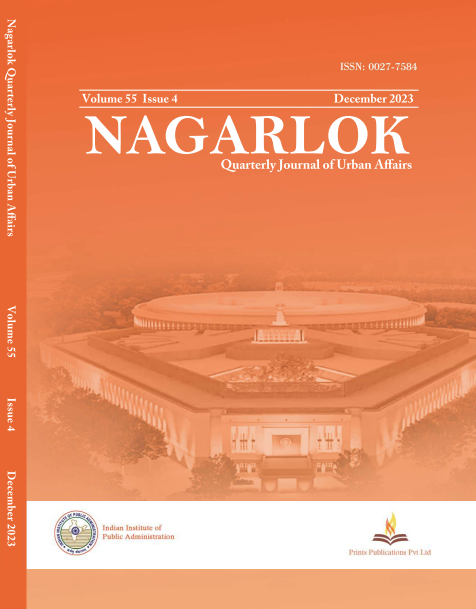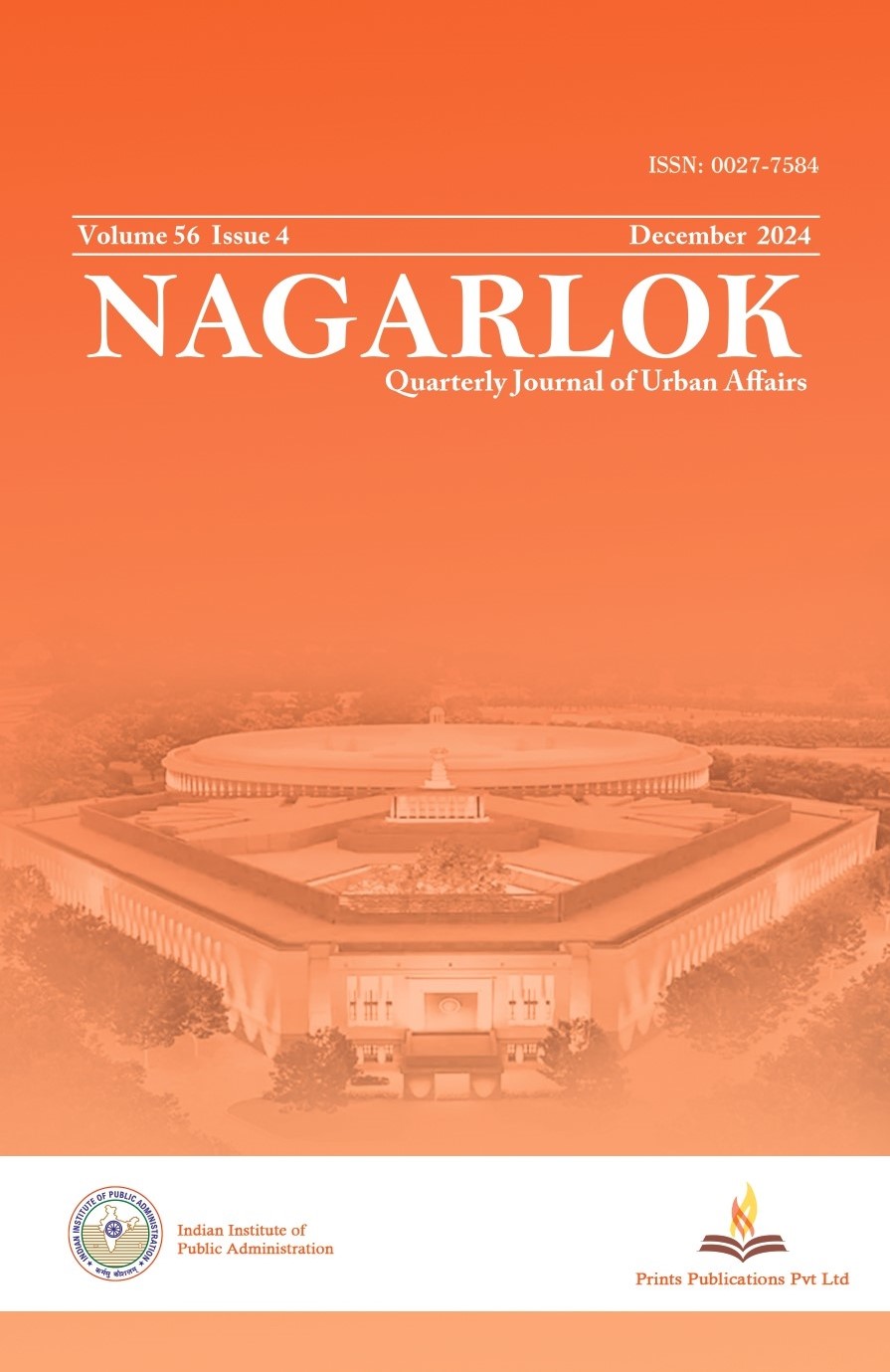Nagarlok - Quarterly Journal of Urban Affairs - A UGC-CARE Listed Journal
Published in Association with Indian Institute of Public Administration
Current Volume: 57 (2025 )
ISSN: 0027-7584
Periodicity: Quarterly
Month(s) of Publication: March, June, September & December
Subject: Social Science
DOI: https://doi.org/10.32381/NL
Contextualising Sustainable Development Through Rurbanisation: A Study of Rural-Urban Continuum in Odisha
By : Pingakschya Pattanayak, Sangita Dhal
Page No: 85-106
Abstract
India’s developmental trajectory is a paradox, marked by a growing economic prosperity on one hand and glaring inequality, on the other. The predominance of a rural-agrarian economy saw overwhelming focus on rural development and agricultural growth to ensure food security and social stability since the time of India’s independence. Successive governments at the central level realised that the fundamentals of economy depend on the progress and upliftment of the rural areas and hence focused on the countryside. However, as times changed and with the advent of economic reforms in the early 1990s, the political economy of India underwent a paradigm shift. Expanding economic opportunities and avenues of employment attracted skilled, semi-skilled as well as unskilled workforce into the urban areas and these migratory movements redefined the contours of human settlements and spawned unique challenges associated with them.
Recognising the importance of Rural-Urban Continuum and holistic developmental model, Shyama Prasad Mukherjee Rurban Mission (SPMRM) was launched in February 2016 to address rurbanisation and its importance in the context of sustainable development. The study examines policy imperatives as well as governance initiatives to expedite the process of bridging the gap between rural and urban. This study also seeks to explore the trend of rurbanisation in Odisha and examine whether it is in sync with the goals of sustainable development and regional policy.
Authors:
Pingakschya Pattanayak, Research Scholar, Department of Political Science, University of Delhi.
Prof. Sangita Dhal, Department of Political Science, Kalindi College, University of Delhi.
DOI: https://doi.org/10.32381/NL.2025.57.01.6









